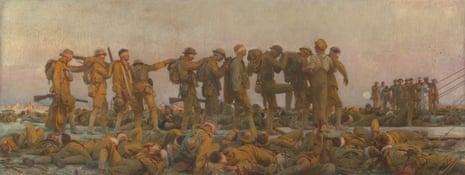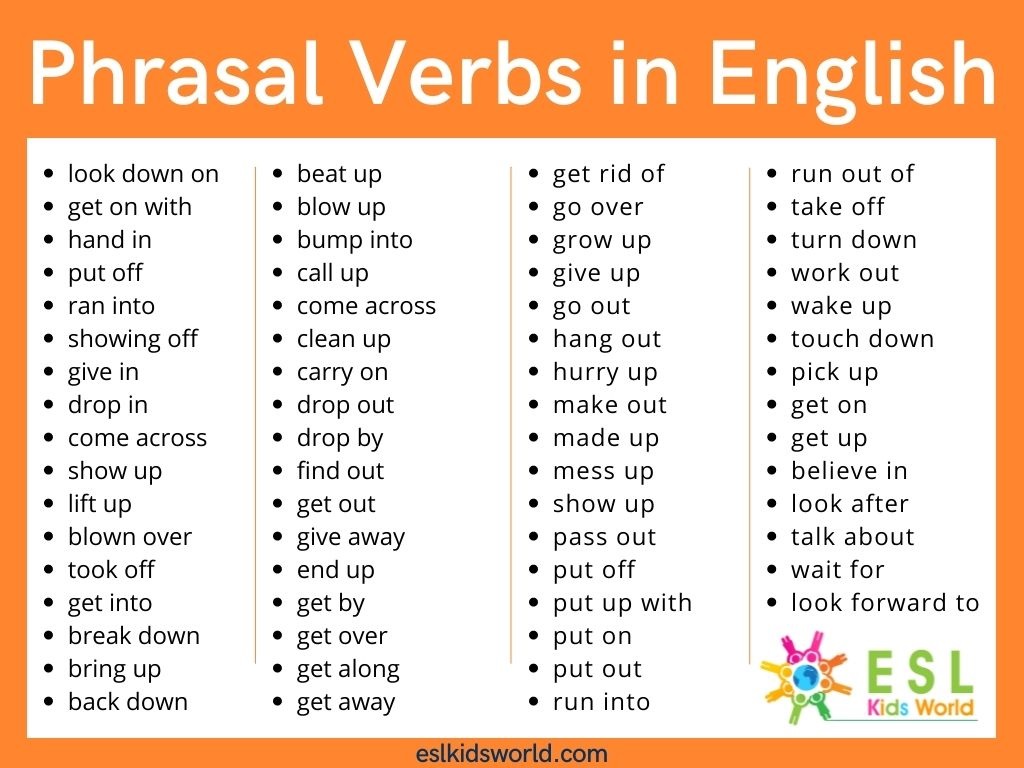Monday, 27 November 2023
Listeners | Stanford CS224U Natural Language Understanding | Spring 2021
10 Internet Words You Should Know Today

Digital Nomad
A digital nomad is simply any professional who: Makes a living by applying their skill sets in a digital sphere of work. Digital Nomads usually work remotely or while traveling.
Cookie
A cookie is a small piece of information on your computer that websites use to track your data between sessions. They’re what let you add an item to your cart and return it later, or check the Remember me box so you don’t have to sign in every time.
Netizen
The term netizen is a portmanteau of the English words internet and citizen, as in a “citizen of the net” or “net citizen”. So a Netizen is an active participant in the online community of the Internet.
Dark Web
The dark web is a name for websites that you can’t access without special software. These sites aren’t indexed by search engines and are often criminal, vile, or otherwise dangerous.
Lurk
Lurking refers to people who watch an online community, but don’t participate themselves. This might be someone who uses Twitter without an account or checks Reddit every day but never votes or comments.
Troll
A troll is someone who intentionally starts arguments or otherwise upsets people online. Typically, trolls do this with off-topic or provocative messages designed to get an emotional response.
Web 3
Web3 (also known as Web 3.0) is an idea for a new iteration of the World Wide Web which incorporates concepts such as decentralization, blockchain technologies, and token-based economics. We are currently on Web 2.0 at the time of writing this article.
Doxing
Doxing refers to digging up someone’s private information and publishing it on the internet (usually with malicious intent). This opens the person up to danger, sometimes requiring them to move.
404
One of the most common errors seen online, a 404 simply means that the page you’re looking for doesn’t exist. Typically, you’ll see this when you click a link to a page that’s no longer available or enter an incorrect address into your browser.
Clickbait
Clickbait is a term for content formed or titled in a way that tempts users into clicking it. Usually, clickbait titles use sensational language and promise something amazing if the reader clicks through. Clickbait can also draw out one-sentence pieces of information into an entire article
Did you count the words? if yes, then here is a bonus word for you.
Metaverse
Meta defines the metaverse as “a set of virtual spaces where you can create and explore with other people who aren’t in the same physical space as you.” Though metaverse technology is years away from being fully realized, it is expected to eventually be a place where you can work, play, learn, create, shop, and interact with friends in a virtual, online environment.
Make up 3 sentences with any of these words and post them in the commentary section below.
Commas between Main Clauses - Writing English
Use a comma between two main clauses which are separated by and or but.
Example: We ran out of fuel, and the nearest petrol station was 5 miles away.
Use a comma to separate parts of a sentence in a sequence.
Example: She ran down the stairs, opened the door, saw her boyfriend(,) and gave him a kiss.
Don’t use a comma if these parts of the sentence are separated by and or but.
Example: She ran down the stairs and opened the door and saw her boyfriend and gave him a kiss.
Note: Don’t use a comma, but a semi colon, if two main clauses are not separated by and or but.
Monday, 6 November 2023
Advanced (C2) Verbs to Build Your Vocabulary
Punctuation: commas (,)
We use commas to separate a list of similar words or phrases:
It’s important to write in clear, simple, accurate words.
They were more friendly, more talkative, more open than last time we met them.
We do not normally use a comma before and at the end of a list of single words:
They travelled through Bulgaria, Slovakia, the Czech Republic and Poland.
American English does use a comma in lists before and:
We took bread, cheese, and fruit with us.
We use commas to separate words or phrases that mark where the voice would pause slightly:
I can’t tell you now. However, all will be revealed tomorrow at midday.
We had, in fact, lost all of our money.
James, our guide, will accompany you on the boat across to the island.
Separating clauses with commas
When main clauses are separated by and, or, but, we don’t normally use a comma if the clauses have the same subject. However, we sometimes use commas if the clauses have different subjects:
They were very friendly and invited us to their villa in Portugal. (same subject)
Footballers these days earn more money but they are fitter and play many more matches. (same subject)
It was an expensive hotel in the centre of Stockholm, but we decided it was worth the money.(different subjects)
When a subordinate clause comes before the main clause, we commonly use a comma to separate the clauses. However, we do not always do this in short sentences:
If you get lost in the city centre, please don’t hesitate to text us or phone us.
If you get lost just phone us.
When we use subordinate or non-finite comment clauses to give further details or more information, we commonly use commas to separate the clauses:
You do need to wear a darker jacket, if I may say so.
To be honest, I thought they were very very rude.
Commas and relative clauses
We use commas to mark non-defining clauses. Such clauses normally add extra, non-essential information about the noun or noun phrase:
The ambulance, which arrived after just five minutes, took three people to the hospital immediately.
Hong Kong, where the first ASEAN meeting was held, is a very different city now.
The same is true for non-finite clauses:
The storm, lasting as it did for several days, caused serious damage to villages near the coast.
We don’t use commas to mark defining clauses:
Barcelona was the Spanish city that was selected for the Olympic Games.
Not: … the Spanish city, that was selected …
Commas and speech forms
We commonly separate tags and yes-no responses with commas:
They are going to the party, aren’t they?
No, thank you. I’ve already eaten too much.
We also usually separate vocatives, discourse markers and interjections with commas:
Open the door for them, Kayleigh, can you. Thanks. (vocative)
Well, what do you think we should do about it? (discourse marker)
Wow, that sounds really exciting. (interjection)
We use commas to show that direct speech is following or has just occurred:
He said in his opening speech, ‘Now is the time to plan for the future.’ (or He said in his opening speech: ‘Now is the time to plan for the future.’)
When the direct speech is first, we use a comma before the closing of the quotation marks:
‘We don’t want to go on holiday to the same place every year,’ he said impatiently.
‘When is it too early to teach your kids about genocide?’ Inside the Imperial War Museum’s harrowing new galleries

Read the article and answer the questions:
1. What does 'Guess' depict?
2. What was Virginia Woolf's reaction to this work of art?
3. What other pieces of war art do you know about?
Post your answers in the commentary section below.
Angelina Jolie receives the Jean Hersholt Humanitarian Award at the 2013 Governors Awards
Watch the interview and answer the question: What problem does Angelina raise in her acceptance speech?

-
The third conditional is used for a past situation that didn't happen . In the video, Finn is lost. He says: If I had paid attention… ...
-
Zero Conditional Time: General Function: Habits, tendencies, rules, and scientific facts. Structure: When + Present Simple, Present Simple. ...
-
click here to read the article Read the article and answer the questions: 1) What position did Frances Haugen occupy in Facebook? 2) What ...
